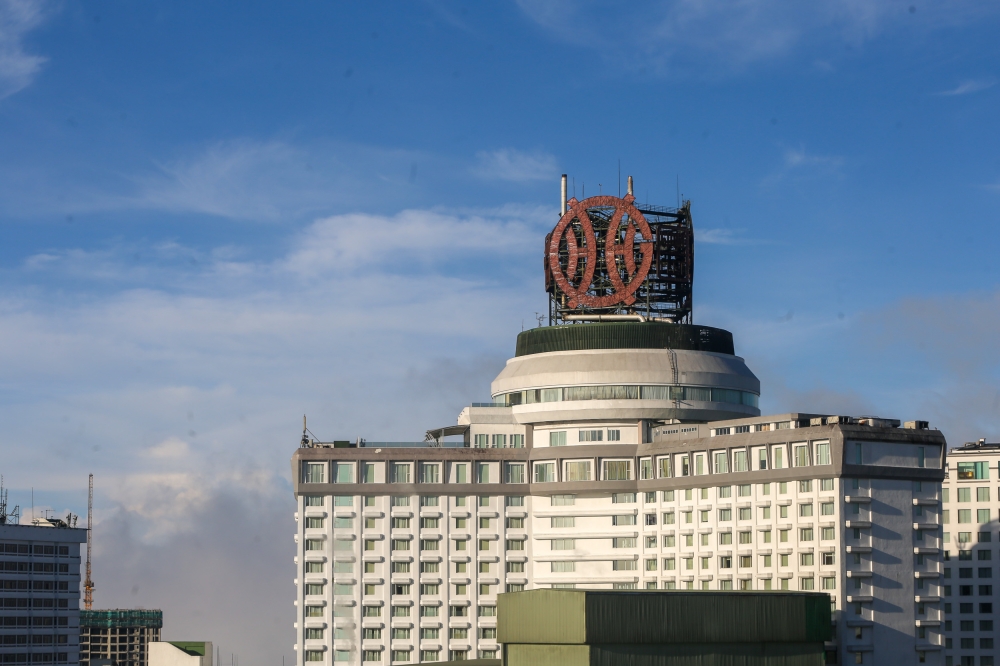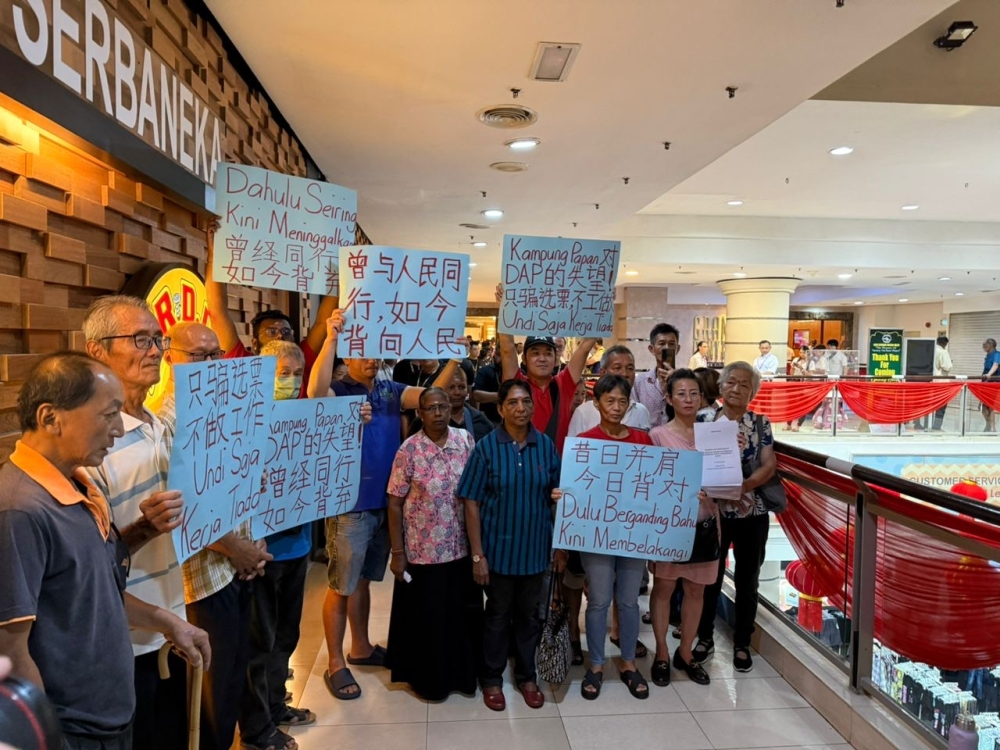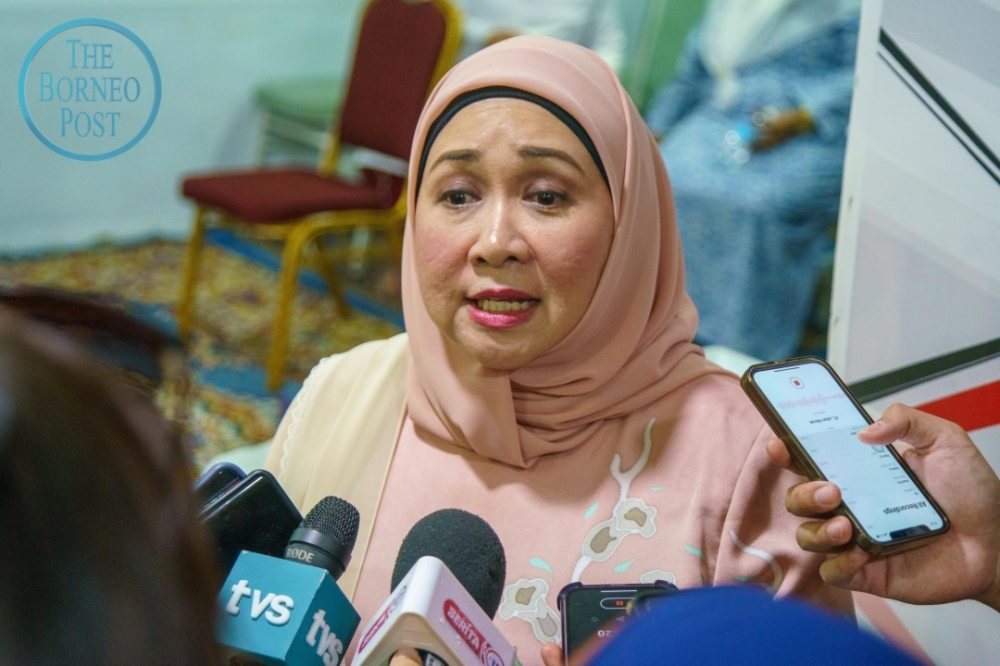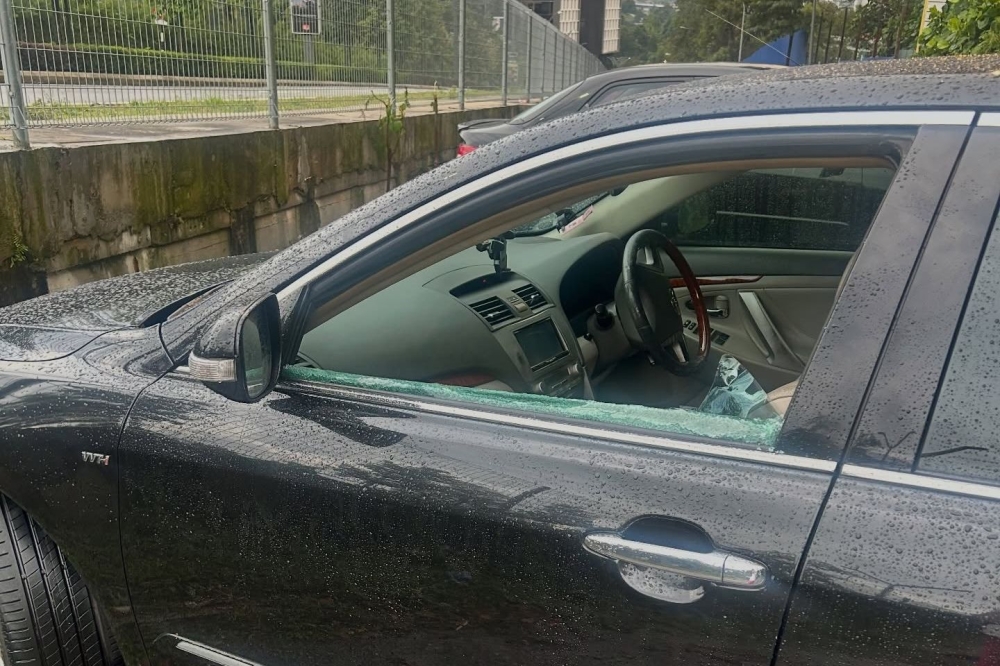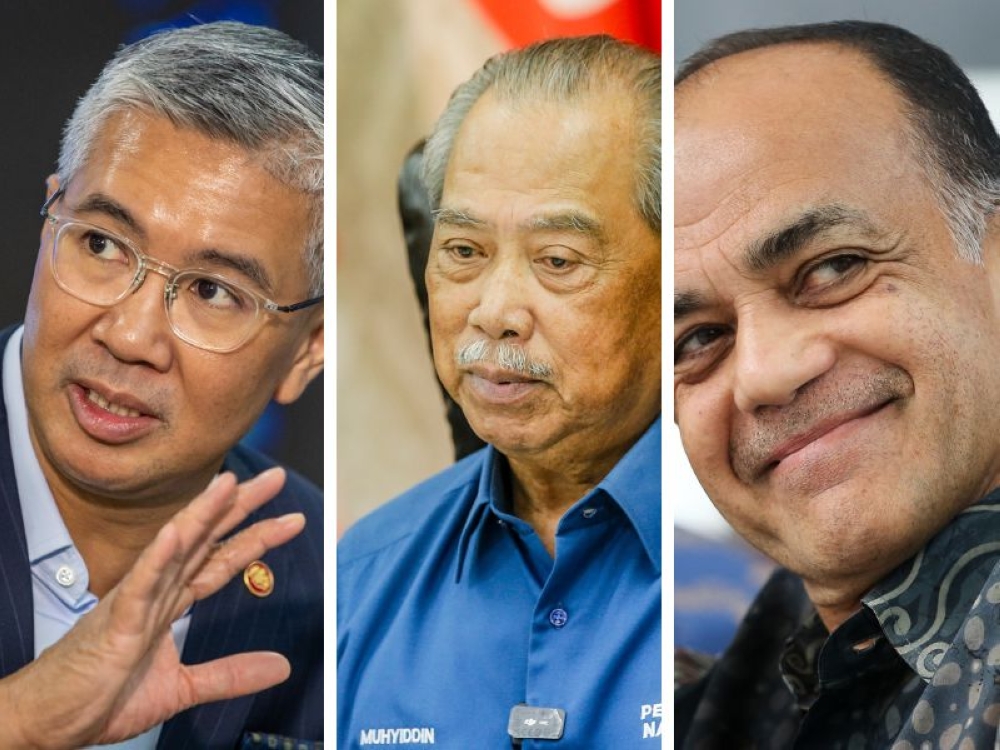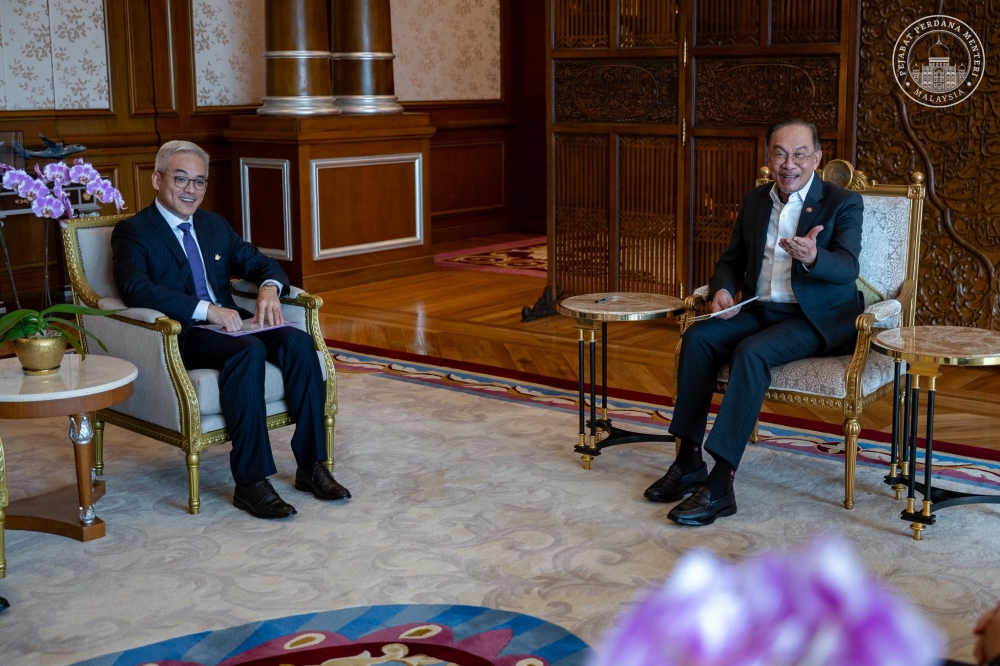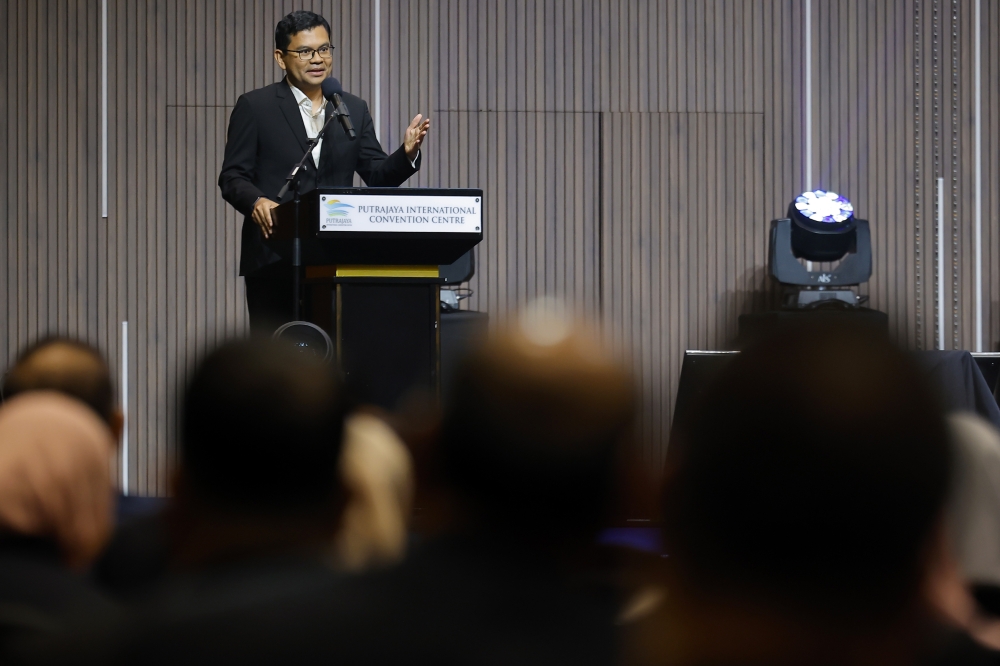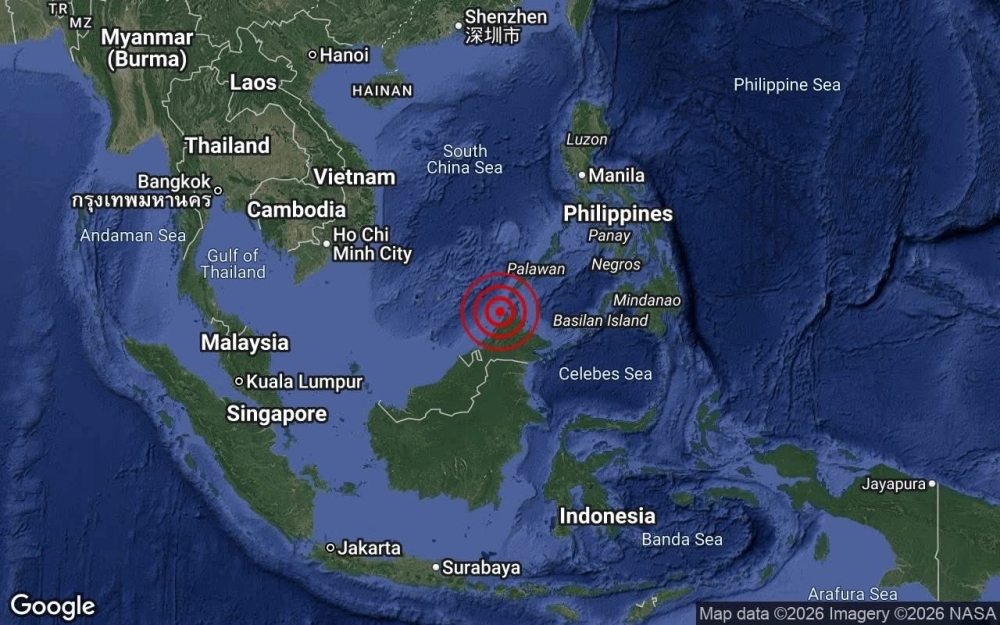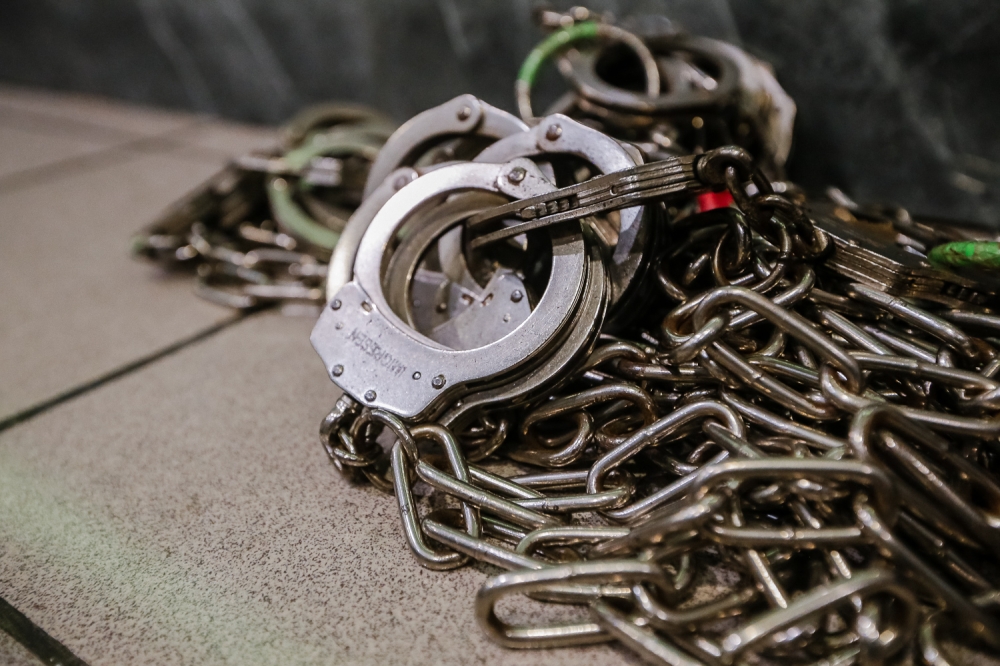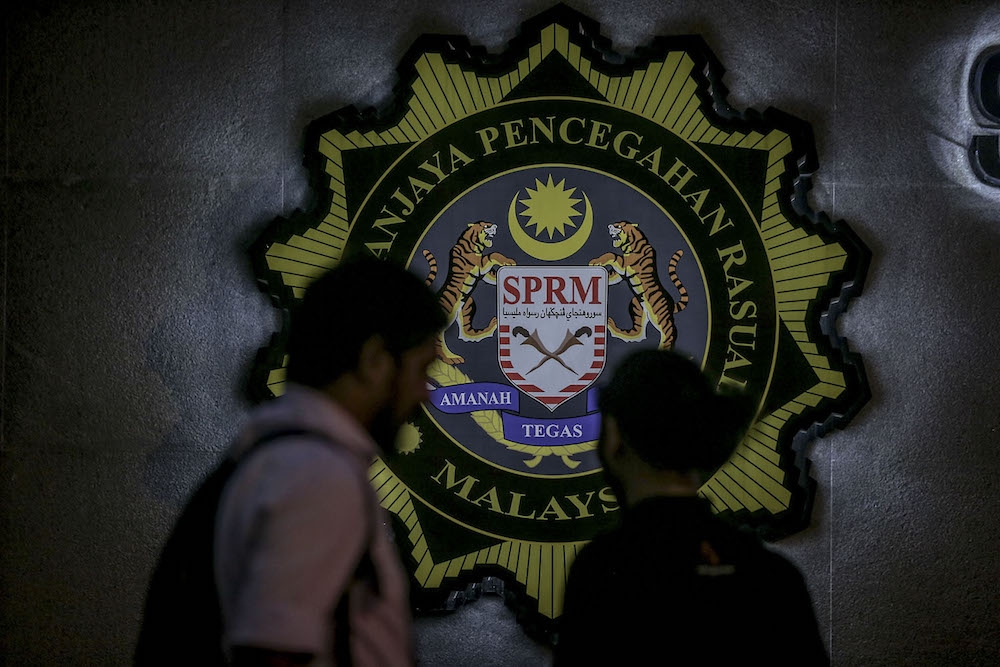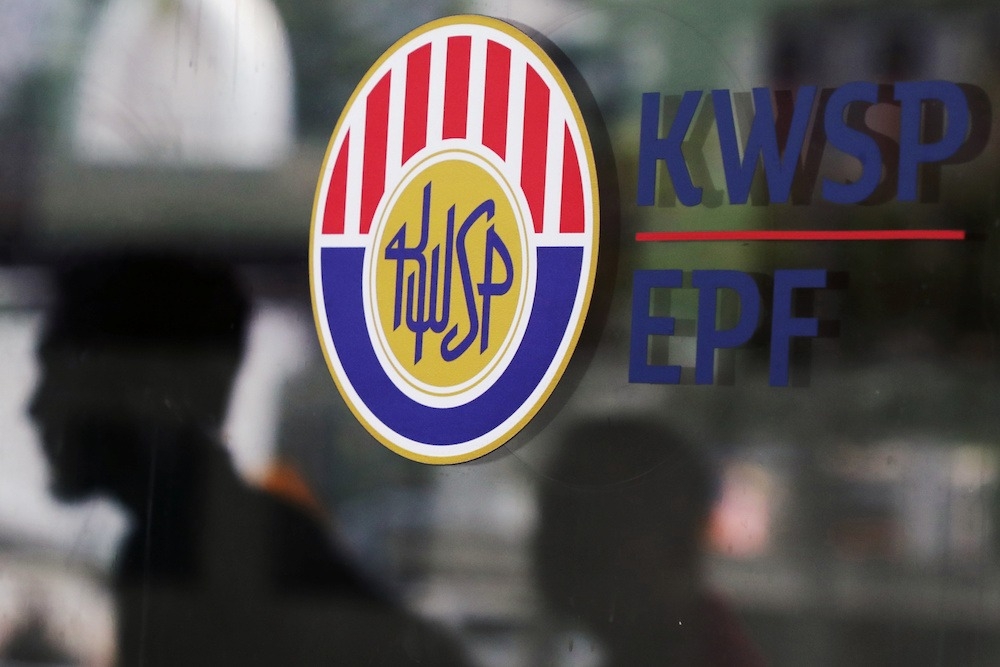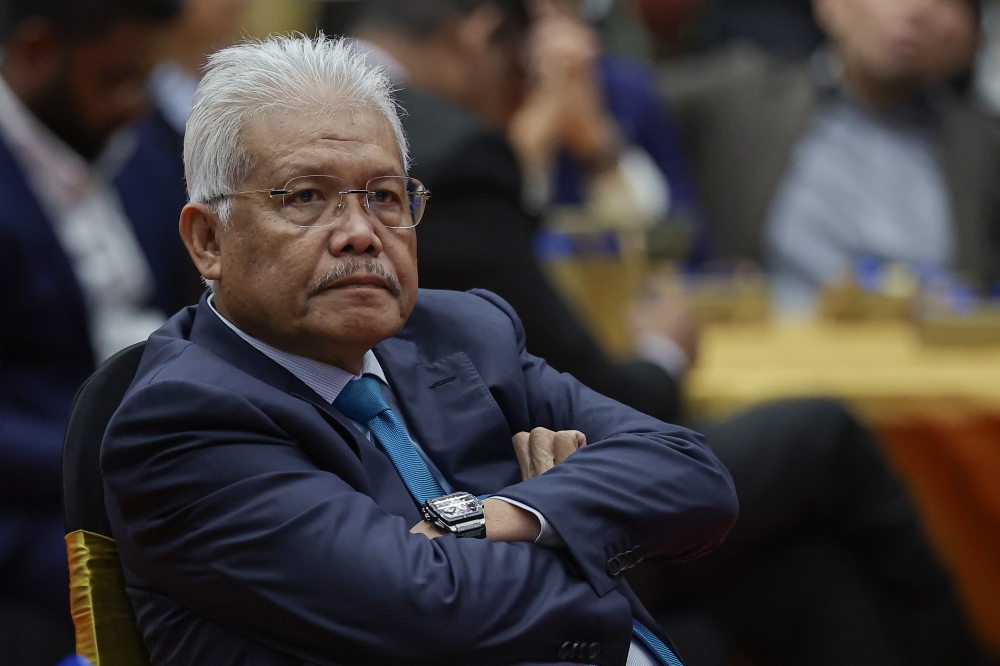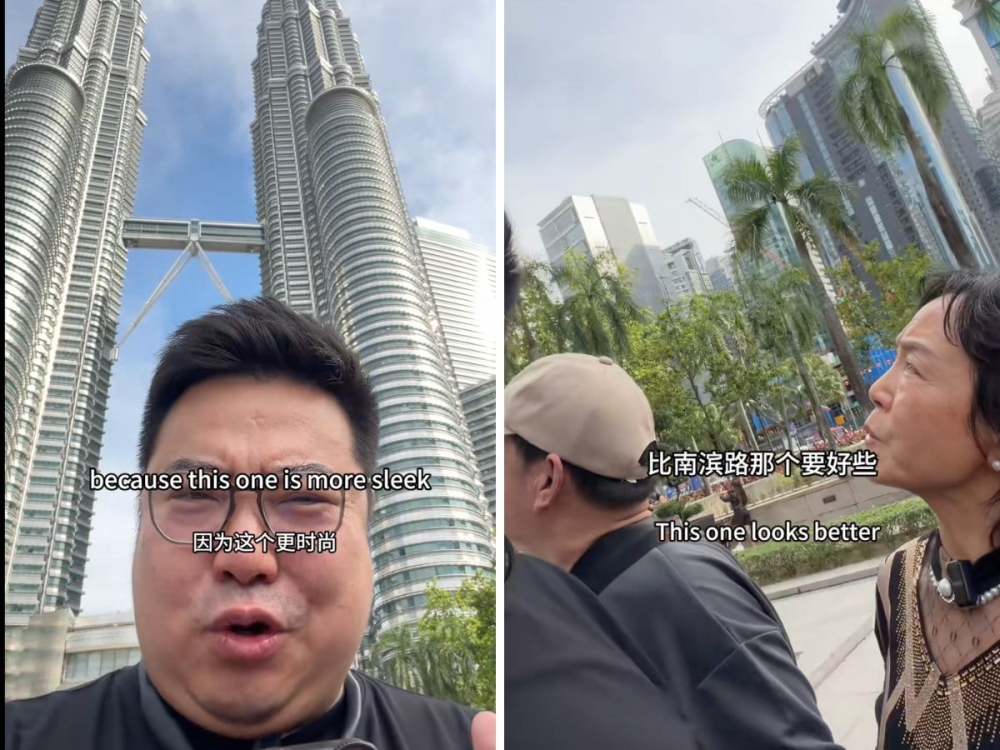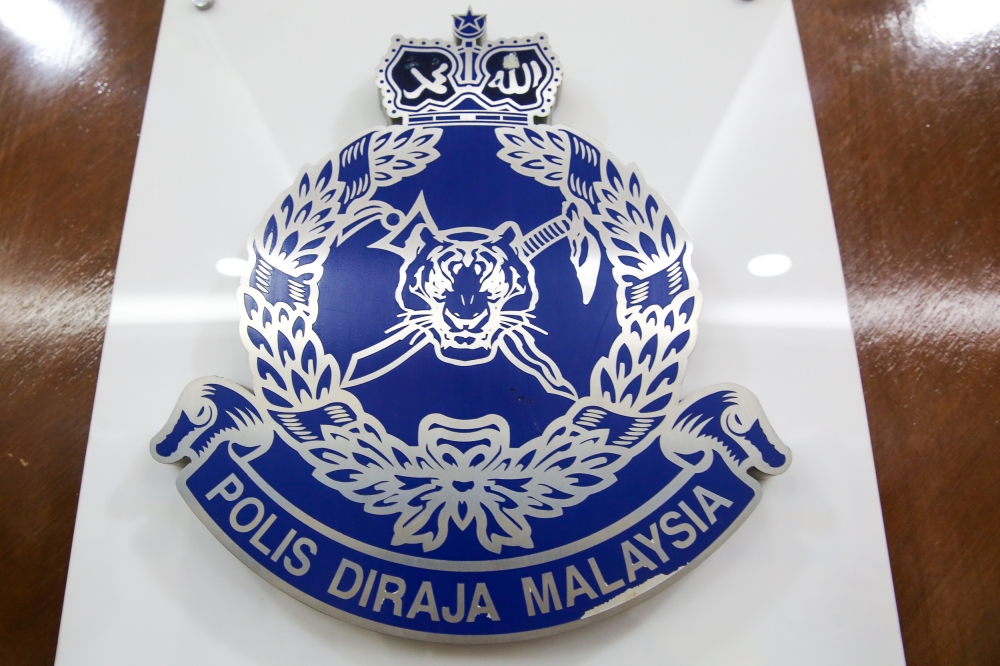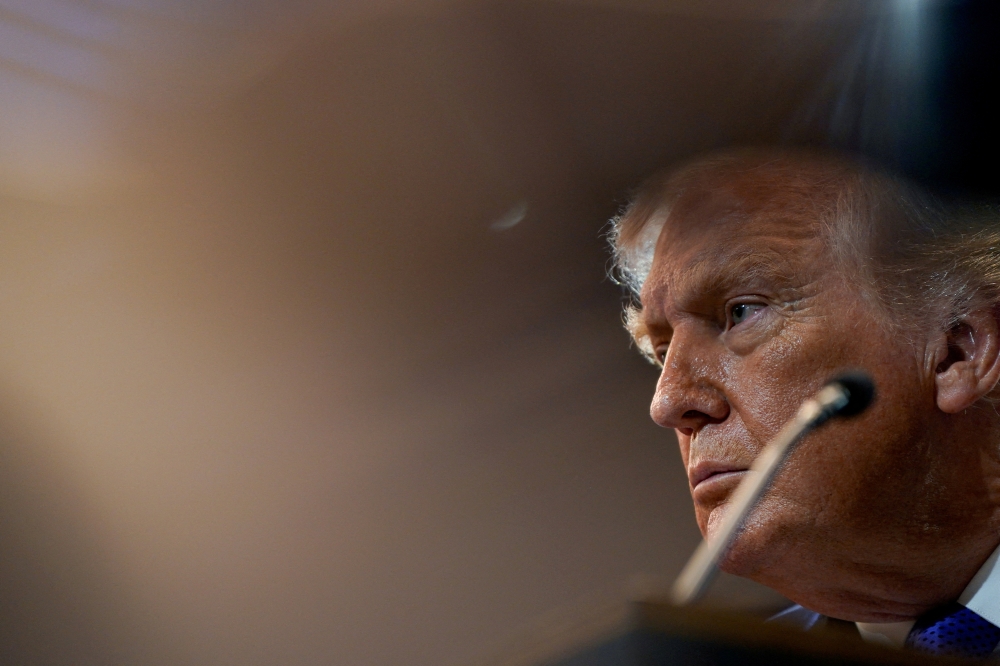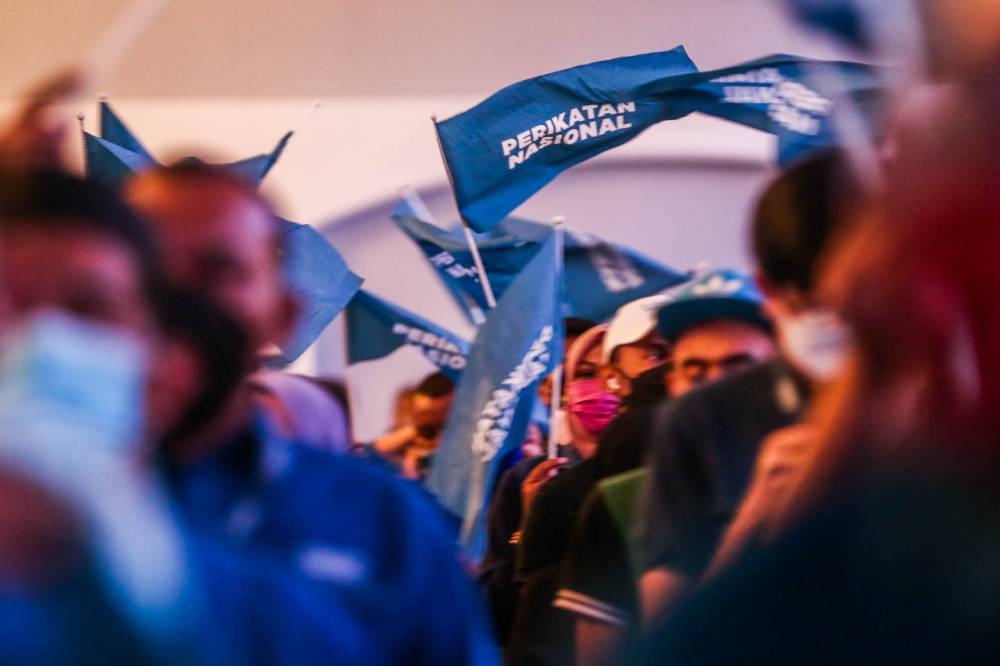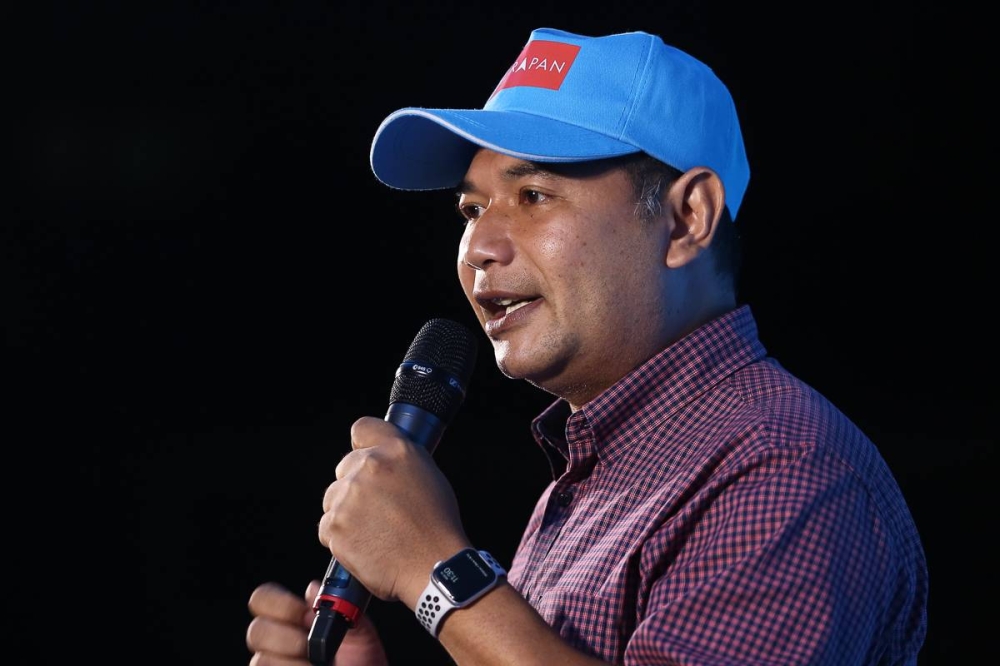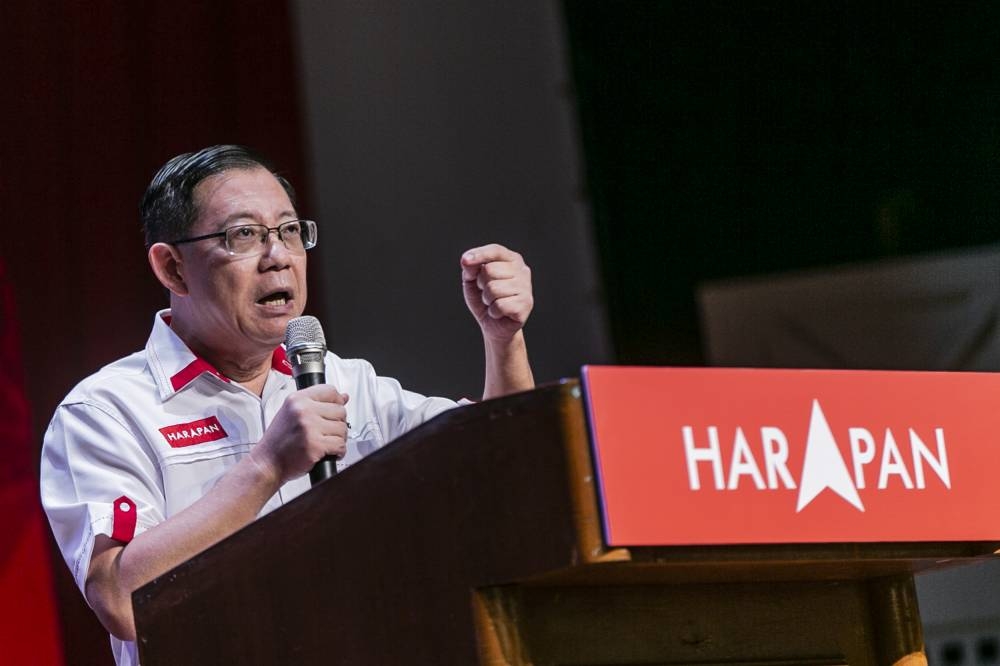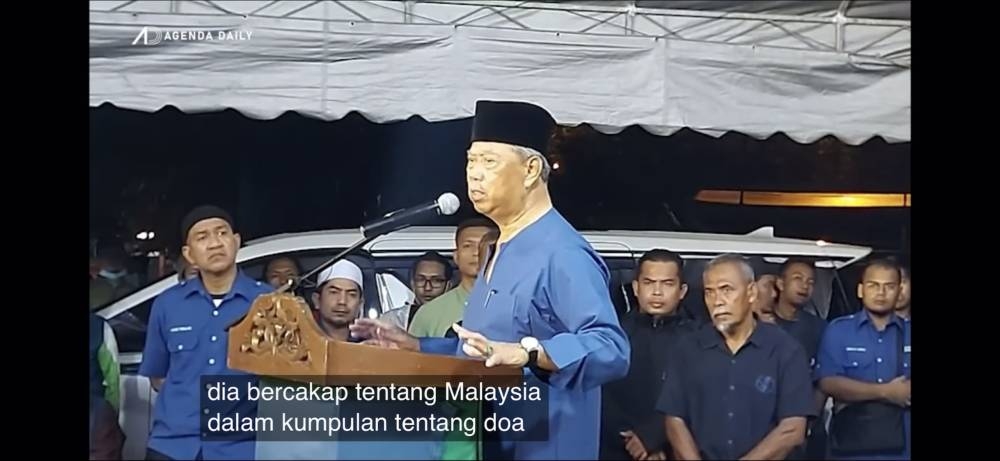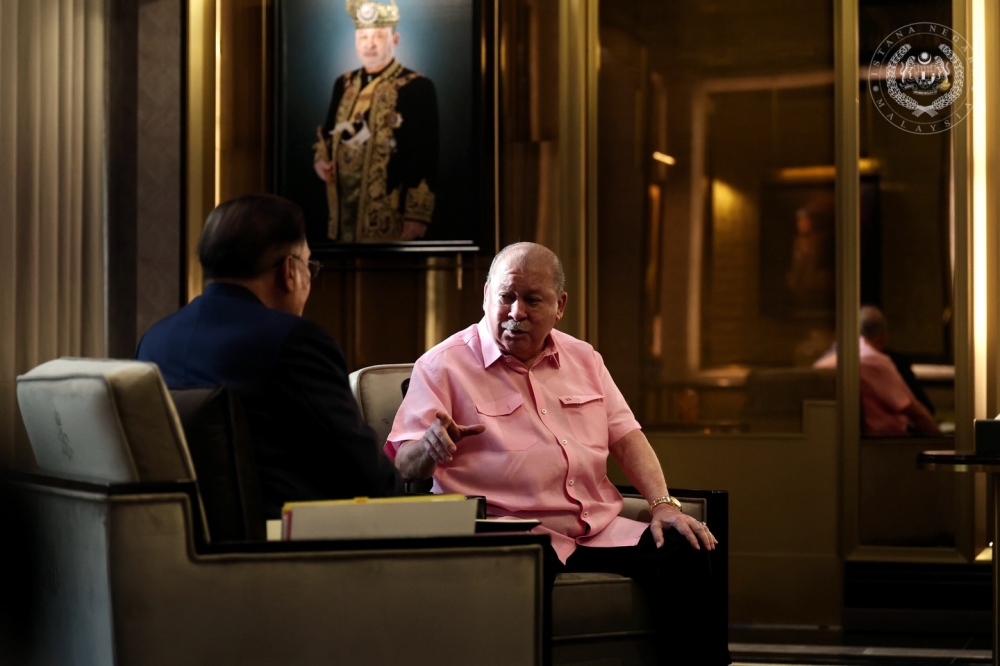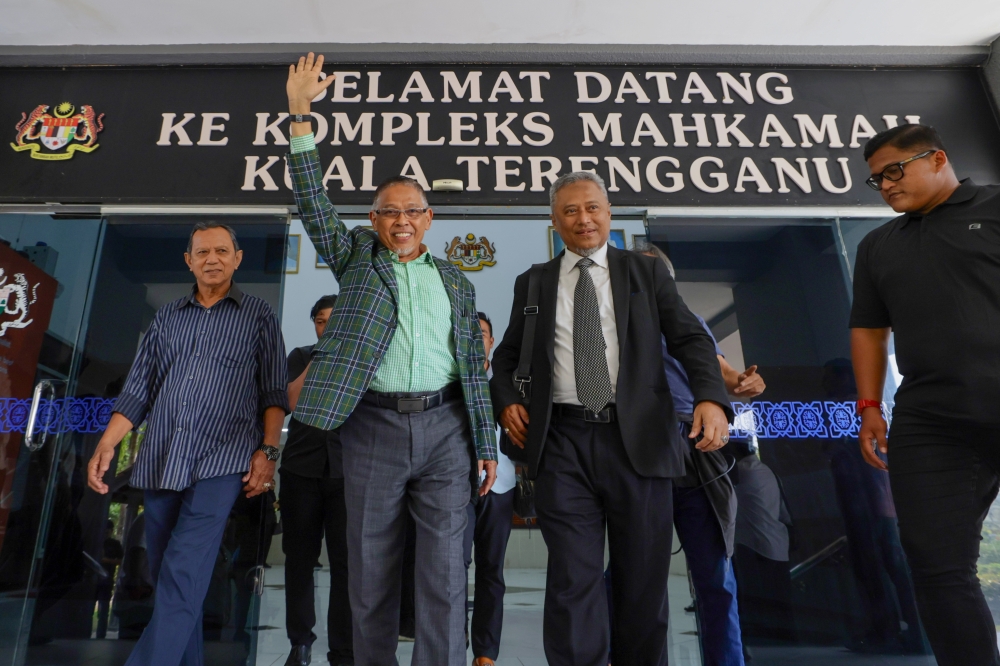KUALA LUMPUR, Nov 18 — The emergence of several newer Malay-based political coalitions at the 15th general election (GE15) has made the race for the community’s votes more competitive but candidates from these parties have ramped up ethno-religious rhetoric instead of policy debates, IMAN Research said in a report of its observation of the election campaign.
The research house suggested the findings should be a cause for alarm, as the increasingly communalist tone of campaign messages risked steering the country further to the right, further entrenching identity politics.
Policies that were pledged under their respective manifestos have seemingly taken a backseat, it noted.
“With newer Malay-Muslim based parties getting involved in the general election, championing Malay-Muslim issues, the political rhetoric has been skewed further to the right and becoming more conservative and identity-based,” the research house said.
“Each party is projecting themselves as being morally superior than the other, while accusing their rivals of being morally corrupt. And as we got into the second week of campaigning, there has been less talk about party manifestos in ceramah, but issues on morality have taken centre stage,” it added.
The report comes in the wake of an intensifying campaign as contenders make the final push ahead of polling tomorrow. All sides have been accused of race-baiting, but various news reports suggest communalism in campaign messaging is most prominent among Perikatan Nasional (PN), the coalition comprising Islamists PAS, Parti Pribumi Bersatu Malaysia and Gerakan.
While Gerakan is predominantly Chinese, it has been largely quiet. PN’s drive is mostly spearheaded by PAS and Bersatu leaders who appeared to have played on Malay insecurities in a bid to deter them from voting Pakatan Harapan (PH), which polls suggest is leading the race in the peninsula.
Iman Research noted there are at least 10 political parties that promote Malay nationalism either as a part of or a full part of its political agenda.
Most political rallies or public gatherings have been incident-free but some of the speeches, as reported by the media, contained statements that are vile, insensitive, and outright racist it said.
“One of the ceramah that is now a police case involved a Malaysian actor making a comment “Sembelih semua orang kafir harbi” at a PAS gathering in Terengganu,” the research house noted.
“Though the actor has issued a public apology over the statement, PAS as the organiser have yet to admit or deny that its party is becoming ultra-conservative by the day, and the fact that it wanted to be part of the next government should be a cause for concern,” it added.
The report also cited news about PAS candidate, Ramzan Zakaria, also Perak PAS chief, who made the accusatory statement that PH or its chairman Datuk Seri Anwar Ibrahim “will promote the LGBT agenda and allow same sex marriage and support a communist agenda”, believed to be in reference to the DAP, PH’s predominantly Chinese component member.
Rivals have constantly labelled DAP as a communist party, which PH leaders believe is an indirect attempt to incite hatred against its Chinese supporters. Many PAS and Umno leaders have peddled the narrative that the country’s ethnic Chinese were mostly sympathetic to the communist insurgency, an allegation they denied.
The think tank has called for a depoliticisation of Malay-Muslim polity even as Malay-Muslim issues will continue to dominate the country’s political scene as a natural progression from one generation to another, given that Malaysia is a Malay-majority country.
“What is important though is to depoliticise the Malay-Muslim polity by pointing fingers to the direction of the non-Muslim communities of the country, or create an artificial narrative of the Malays, and Islam are under threat in the country,” it stressed.

